Optional: listen text-to-speech using the voices already in your device
This feature makes use of the Text-To-Speech capability as you have it already installed and configured on your own device. You will see that there are some voices that are not so good, choose from the list if you have a chance.
Bertrand Russell states that the acquisition of “useless knowledge” fosters the habit of contemplation and, through it, the individual can guard against folly, impulsive decisions, and an excessive love of power, while maintaining serenity and peace of mind in the face of adversity and misfortune. Additionally, I believe that through contemplation we can become accustomed to delve into our intellect and elaborate complex analyses with multiple variables and points of view, which inevitably endows our reasoning with flexibility, and moves us away from dogmas and radical opinions.
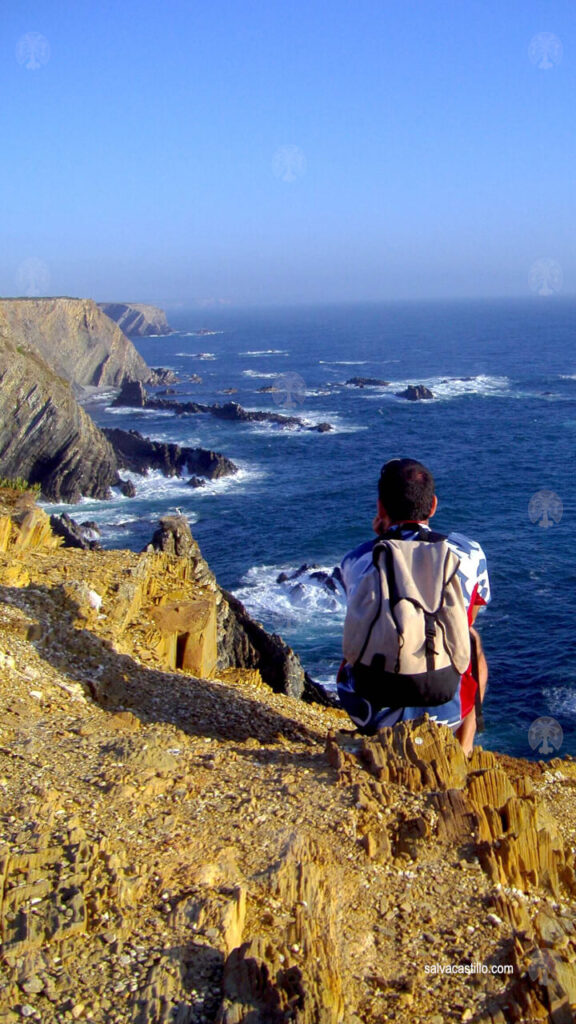
Education, which Russell identifies as a catalyst for the journey towards contemplation and which, according to him, should encourage both useless knowledge and useful or technical knowledge, also acts as a tempering agent for the ignoble instincts of the human being. Nevertheless, it is not uncommon to find people with a level of education well above average who simultaneously express radical and intransigent ideological positions – a subset of ignoble attitudes – towards those ideas that may be apparently contrary to their own convictions.
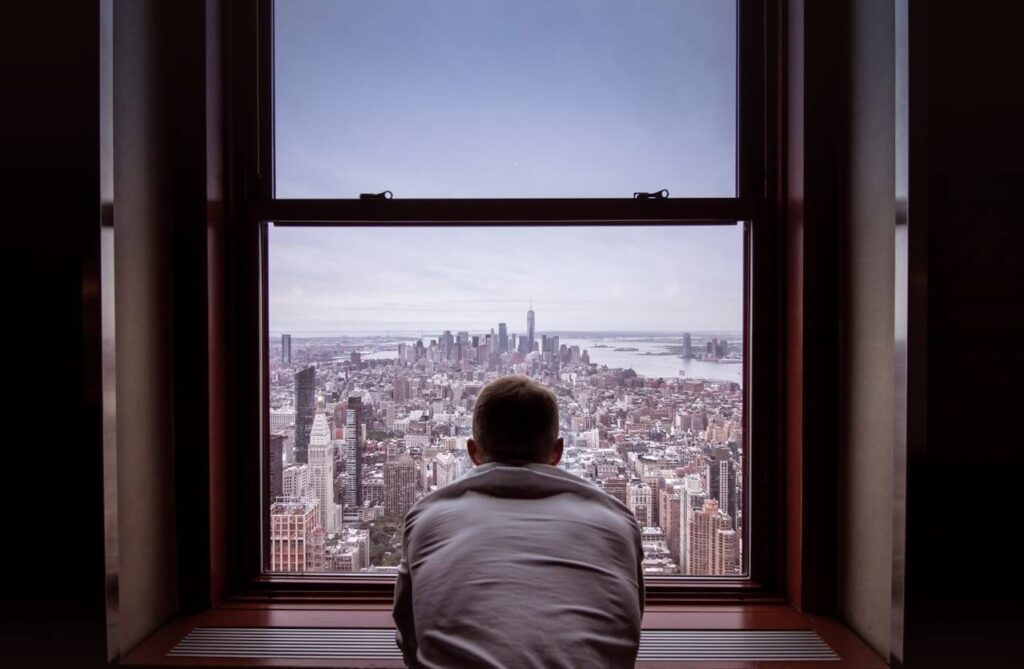
In today’s society, interpersonal communication is often very canned, makes use of clichés and, sometimes, in the heat of the moment, a dialectic can be won by saturation. After all, we are in the heyday of internet memes (which are a subset of the original definition of meme by Richard Dawkins in his book “The Selfish Gene”, the root of which is the Latin term mimema). Thus, with the Internet in the palm of our hand, anywhere and at any time we have immediate access to an endless number of sources of information -some legitimate and others completely spurious, but that little detail… who cares! And there are always a number of seemingly respectable studies that support our opinion, even if there are also a similarly equal number of articles that support just the opposite – a fact that we will conveniently ignore. Often the authoritative source of information is hidden or its importance is diluted in the morass.

An example of the above is Karl Popper’s famous and viral meme of “The Paradox of Intolerance,” where it is shown that society cannot be tolerant of Nazis – with which I agree. But Popper did not specifically say that, but that society should ban bigots, which, in his view, are those who use violence as an argument. So the meme is incomplete and has been used in a biased and twisted way. In practice, communist regimes have also been extremely intolerant and violent – see the repression of political opponents, intellectuals, religious leaders, LGBT groups… in the USSR, Venezuela, China or Cuba (the day we open the box about what Che Guevara thought about LGBT people…. maybe we’ll see the end of Mars Attack at the Pride parade. Ask Reinaldo Arenas if you doubt).
There are also intolerances based on religion (Islamic, Catholic, Hindu, or Buddhist fundamentalisms – yes, Buddhists, you may not have expected it. You may believe that all that matters is the reincarnation of the rabbit into a chicken, midichlorians, Tuesday Lobsang Rampa stuff and whatever other spiritual things. That the Shaolin monks would even beat the shit out of the guy who brought them the water, but it was only to acquire discipline. We will talk about the caste system in Tibet on another occasion).

The sublimation of the paradox of intolerance is precisely the overt -and even aggressive- intolerance of people who arrogantly claim to be the champions of tolerance and social progressivism. Some members of progressive currents and “vulnerable” communities become extremely intolerant when interlocuting with points of view that differ from their line of argument. Their tribalistic – and emotionally lowbrow – behaviors are appalling to behold. E. g., the recent wave of orchestrated vandalism towards Tesla vehicles is a mind-boggling astral journey: from being praised until recently for spearheading the transition towards a more environmentally benign mobility -which I believe is not entirely true either- to being savagely destroyed in opposition to the ideology of Elon Musk, the brand’s owner. The cognitive dissonance is that the vandalized cars no longer belong to Elon Musk, but to some people who bought the car. And some of them are sure to be just as posh as the next guy. Polarization and tribal behavior is like an open house at the mental hospital.
The lately notorious “cancellation culture” is not only a phenomenon of compromising statements by famous people or tweets from 15 years ago. It is present in everyday life, in that tacit agreement of the group of friends not to talk about certain topics in order not to generate uncomfortable controversies. In the fear of exposing one’s own opinion because it is controversial or contrary to the group’s thinking. In the “let’s not talk about this because we are not going to agree anyway”. In the absence of intellectual honesty, because admitting favorably an opinion or a fact contrary to the group dogma can open a crack in my palisade through which more fundamental aspects of my convictions can be questioned, and that’s really not going to happen. Axiomatic talibanism provides a wall of protection in that fatuous gear of self-affirmations shared and reciprocated by my peers within my group.

Those emotional barriers that these individuals use as a protective measure and define the limits within which they allow their thoughts to wander around constitute a mental confinement that limits the intellectual flexibility and emotional openness necessary to welcome opposing – or simply different – opinions. The cage in which they are self-financed curtails their intellectual freedom and, as a consequence, the diversity of opinions they are able to receive with interest. The intolerance they exhibit must therefore be an expected result. In the most benign cases, critical thinking cannot be, nor is it expected. In the worst cases, however, intellectual dishonesty promotes harmful and belligerent behavior towards the dissident. See (sarcastically) the People’s Front of Judea. A corollary of that emotional intransigence is how easily offended some people are today. In my case I agree with the illustrious John Cleese’s views on this:
I believe that building that palisade greatly simplifies life, because that imaginary border de facto divides the universe between what is inside and what is not. It enables a binary attitude towards life: either you are with me (inside) or against me, there are only two possibilities. And, suddenly, any casual conversation can turn into a false dichotomy. And, suddenly, any casual conversation can turn into a false dichotomy; but logic establishes that being in favor of something does not necessarily mean that you are against the opposite. I.e., this here presents aspects that I am fine with and this other, which apparently is its opposite, also has points that I appreciate and… why shouldn’t it be?. In the case of Elon Musk I think that, within his undisputed success, he is a phony who may have been committing fraud in Tesla’s accounts since at least 2017. He is not a founder of Tesla, but in a lawsuit against the two real founders of Tesla (Eberhard and Tarpenning, 2003) they settled to have to call him a co-founder (2009). Tesla’s autonomous driving technology is nothing but level 2 ADAS, but he himself encourages drivers to take their hands off the wheel when driving. And several other things. But in my case, me being opposed to vandalizing Tesla’s does not generate any support for Musk. Acknowledging that Biden was senile puppet doesn’t make me a Trumpist. And so on. I see it as very normal and logical; it’s an emotionally flat trip. And maybe that’s the flaw, that such an attitude doesn’t offer any self-affirming dopamine rush, and that can be a problem if you prioritize emotional satisfaction over intellectual satisfaction.
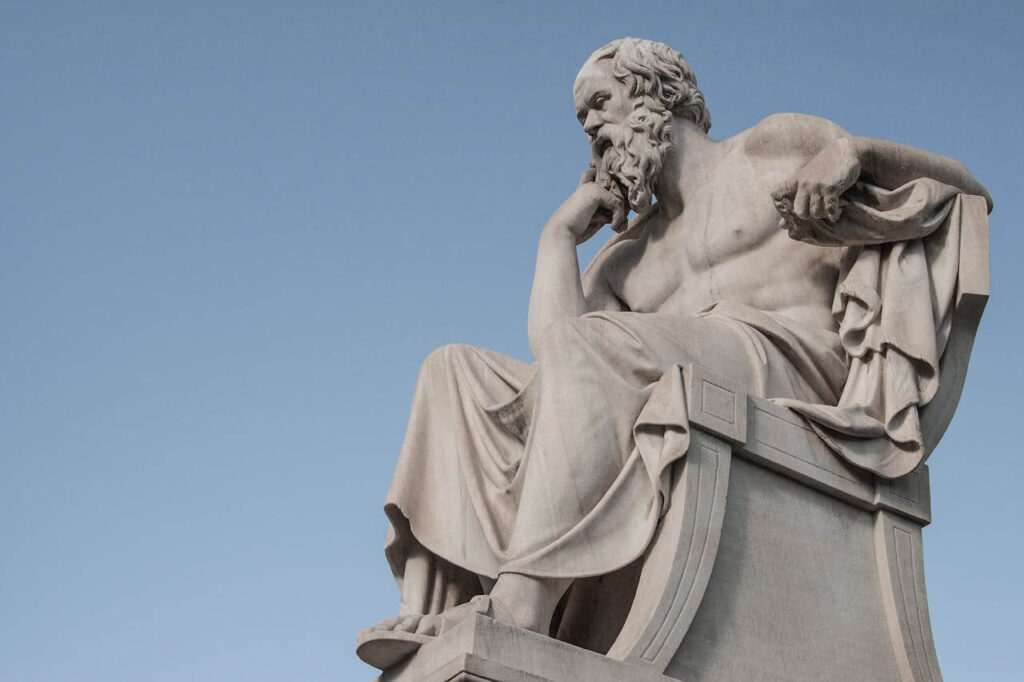
This succession of false dichotomies is precisely the opposite of critical thinking: harboring doubt in our own convictions and overcoming it through continuous learning and dialogue with opposing positions. Or, as the case may be, not to overcome it, and then change our minds once we have been exposed to better arguments than the ones we had. Is not the evolution of our mind to acquire new heights of wisdom and stability, that quasi-Nietzschean search for the super-ego, a goal we should all set for ourselves? Of course, according to our own possibilities; we do not compete with anyone but ourselves. But the ability – even theoretical – to change our minds is diminished the higher the wall of convictions we build. It is the paradox of the fortress, which protects us but simultaneously confines us to being prisoners of it. One does not abandon a fortress just for the sake of it… why did we build it then? Useless knowledge, education, contemplation and critical thinking can be, then, steps to acquire intellectual freedom.
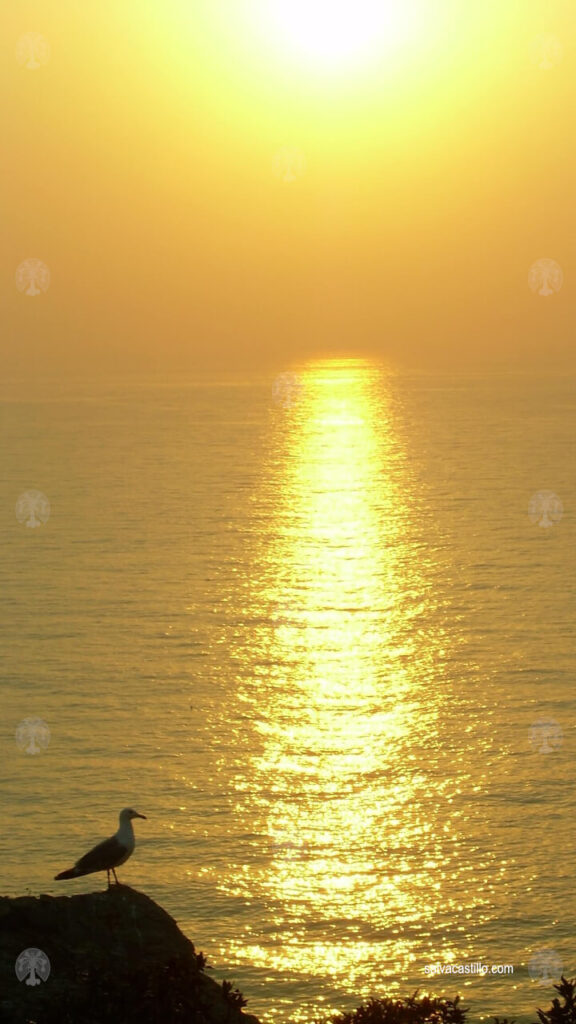
I find it very curious to note that, in those times of youth and utopian ideals, a recurring theme in the literature and music of the progressive movements with which I sympathized was freedom. The freedom of the individual from the oppression of authoritarian governments. The cassette tapes of Quintín Cabrera, Víctor Jara, Autahualpa Yupanqui, Silvio Rodríguez, … were full of songs of freedom. Freedom as an unavoidable -and inexcusable- means for the realization of the individual. Anarchy, revolution, Buenaventura Durruti… one could not find more progressive. But something has happened in recent years that the concept of freedom seems to have changed sides. And it may be that governments of a markedly progressive character have consistently – and recurrently – come to executive power. And some of them established very restrictive policies to the citizenship but, of course, in pursuit of the common good. The same thing that, curiously enough, Videla, Pinochet, Stroessner, Franco,… “for the common good, I am obliged to sift your freedoms“. In the COVID pandemic there was the sorpasso: the most progressive governments established the most brutal confinements (Spain, Argentina, New York, California…) while the conservative governments were more lax (e.g. Texas, or Florida, which is where I spent the pandemic) and delegated more on individual responsibility for the collective. With hindsight, I now realize that in those cassettes perhaps they were not so much singing for the freedom of the individual as against right-wing dictatorships. But it would seem that if the regimes were leftist, hey, it’s not so bad. As the enormous Luciana Ofman -creator of Argentina Polenta- teaches us, there are dictatorships… and dictatorships. Or the famous singer-songwriter Pablo Milanés, once a banner of the Cuban Revolution, who had to leave his beloved Cuba, disenchanted and fed up with a totalitarian regime that imprisoned its citizens. Or, as Orwell himself puts it in that wonderful book “Animal Farm” (which is nothing but a fierce criticism of the authoritarian drift of the Soviet regime in general and of Stalin in particular): “All animals are equal, but some are more equal than others”.
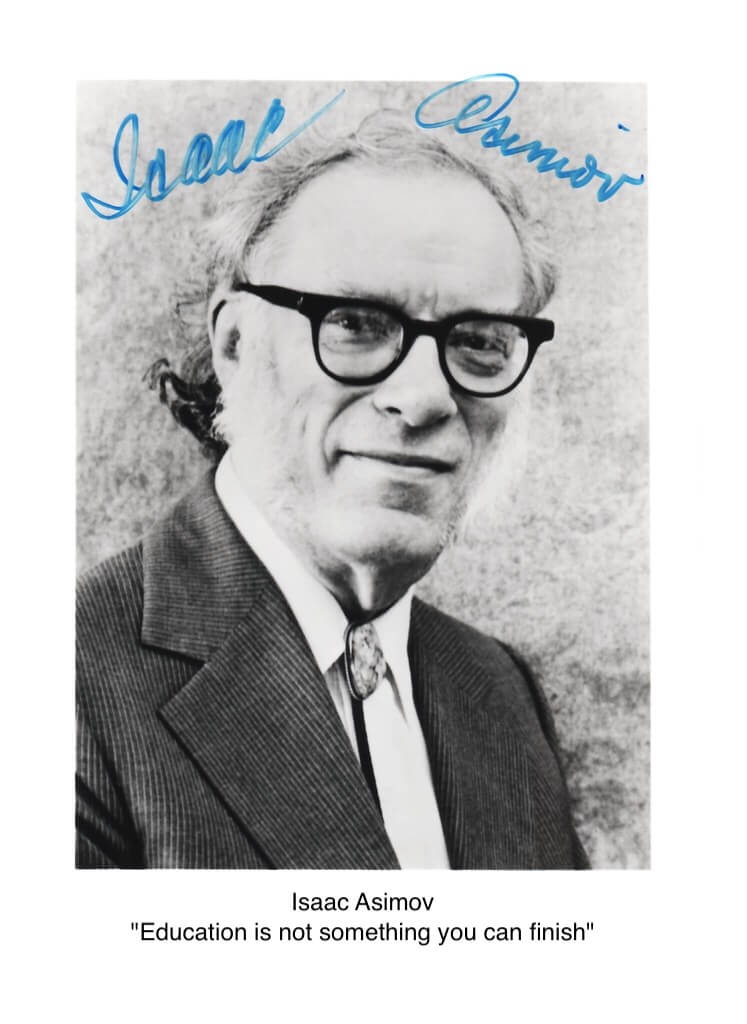
Let’s not atrophy, let’s keep evolving together. If you think about it, only the dissident can enrich our perspective. Let’s keep learning. The eminent scientist and philosopher Isaac Asimov said that “education is not something you can finish“. I believe it is, but only in the case where you have been consumed by dogma. There is nothing that personally stimulates me more than someone who can change my mind through some well-founded arguments. Although I think I’m a tough nut to crack in a conversation, over time I’ve learned to be very open to opposing views, and I’m not easily offended. What’s more, I’m not at all amused by banal conversations. Let’s stop being politically correct and express ourselves. If we both embraced that idea, casual conversations would become really interesting. It’s very easy: just don’t get offended!. Change my mind. Please teach me something new today.
Thanks for reading! You may keep exploring using the menu below